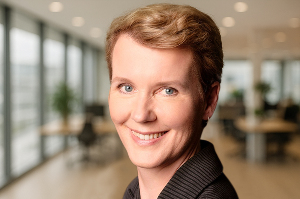
At a Chubb event for advisers last month, Hutchinson noted that consumers are becoming better educated on financial matters and that households are changing and becoming more diverse.
At the same time, “there are more products and choice than ever before for everything.”
Everybody from consumers to regulators and advisers are being affected by better communications globally.
“Complexity and consumerism has meant legal and regulatory change – that has set up higher barriers to entry” for advisers.
Hutchinson acknowledged economic conditions are currently tough for many, with inflation and rising interest rates squeezing household budgets, particularly since wages growth is lagging inflation in many sectors, at least so far.
While household budgets are most visibly squeezed by rising mortgage rates, their spending power is also being eroded in many other less visible ways.
On the other hand, the current recession so far has bee far more benign than the last one.
For example, unemployment in 2011 was double the current rate of 3.4%, although unemployment is likely to rise from here.
In 2008, households spent 16% of their income on debt servicing; while the figure today is rising fast, it's still only about 7%, he said.
The target market for life insurance has also grown – the working-age population was up 17% from 2.82 million in 2012 to nearly 3.32 million in 2022.
And the average household income has risen from $78,000 a year to $118,000 over that period.
As well, household savings rates are now sharply higher than they were before the covid pandemic.
Hutchinson also noted that disasters tend to increase insurance buying behaviour and that most people, even those who already have insurance, don't have enough cover – of the 3.3 million working-age population, 1.78 million have life insurance, but that leaves 1.52 million with no cover.
The long-term trend is towards greater demand for specialists and advisers.
“Wealth increases advice-seeking and we're getting wealthier. Age increases advice-seeking and we're getting older,” he said.
And the factor most working in favour of advisers? “People like advice,” Hutchinson said.





Comments
No comments yet.
Sign In to add your comment